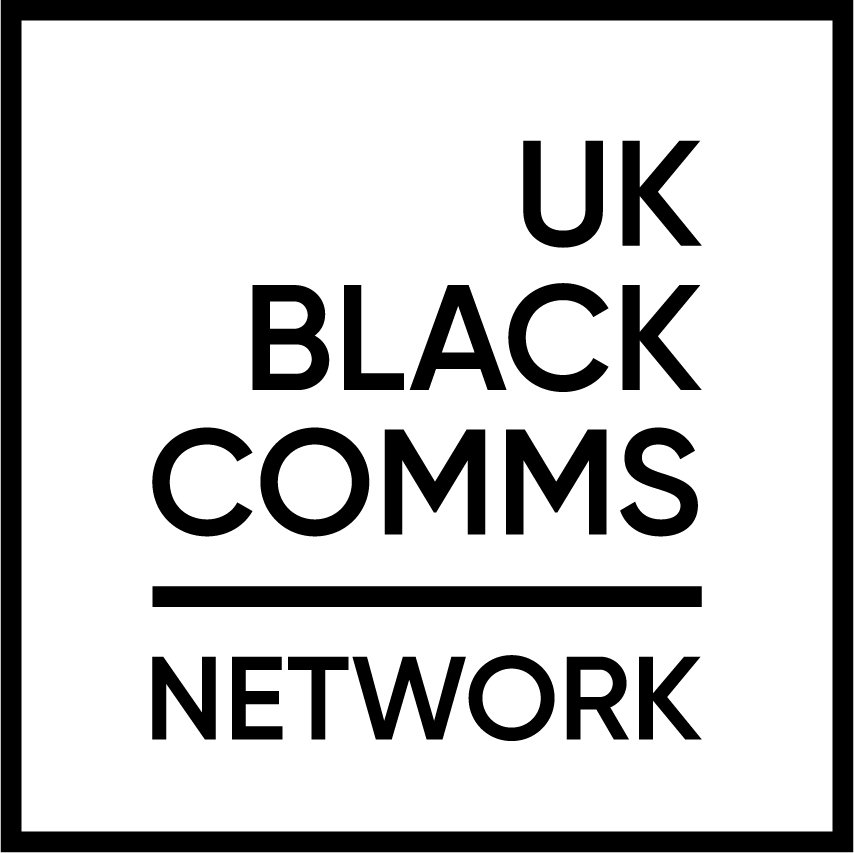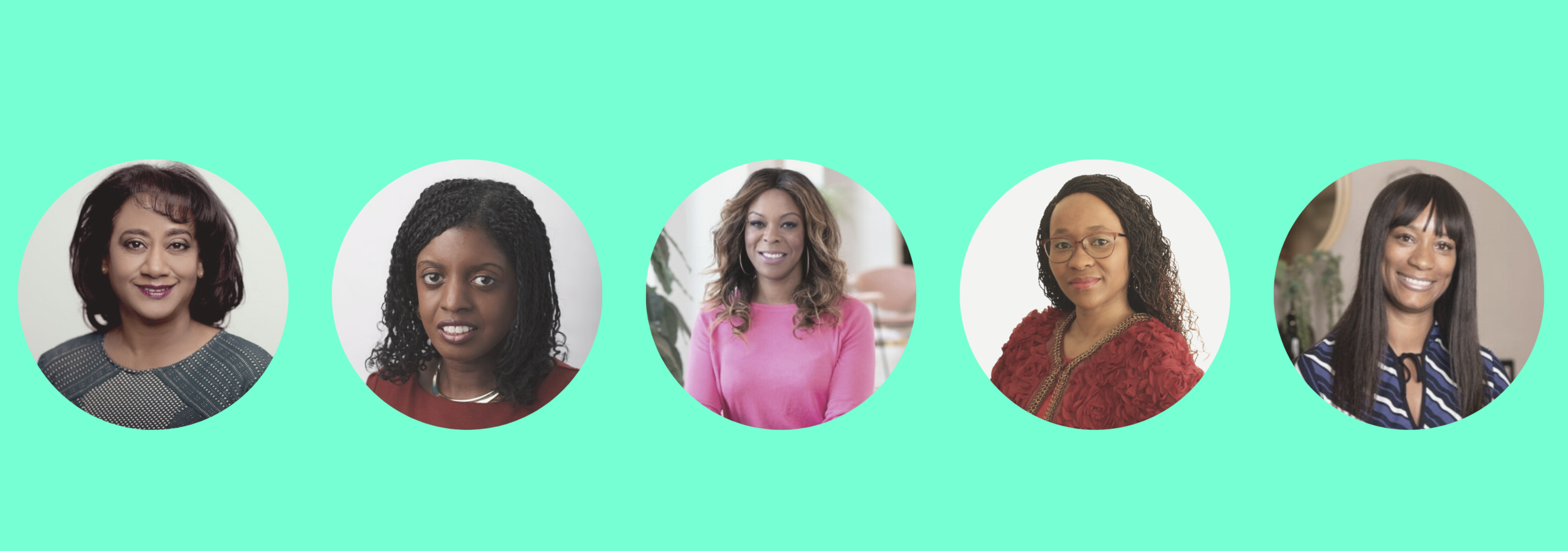International Women’s Day (IWD): Leading women in comms are actively challenging the status quo. How can the industry follow suit?
Tanya Joseph, Effie Kanyua, Rea Kongwa, Jennifer Thomas and Bieneosa Ebite are breaking through barriers, standing against the status quo and speaking up to drive success for women in the industry. Read their views on tangible ways that we can achieve true gender equity in PR & comms.
The lack of women in senior roles and an inclusive approach to gender equality that includes women from all backgrounds needs to be challenged.
“I want to see more women in more senior roles. There is no excuse for the leadership of our industry still to be dominated by men. It is better than it was but still not nearly good enough.”
Tanya Joseph, Managing Director | Hill+Knowlton Strategies
“The representation of women in senior positions and with decision making capabilities on boards particularly from an ethnicity perspective and to focus on the underrepresented groups to find solutions on how to actively change this. This starts with identifying the problems which we all pretty much know and setting deadlines and targets to address this.”
Effie Kanyua, Director of PR & Comms | Hearst UK
“Over the years we have slowly seen gender equality shift towards change and I still believe organisations in the UK and globally still have a long way to go to challenge and create all-inclusive, gender equality within the workplace.”
Rea Kongwa, Digital Marketing & Communications Specialist | iCan Communications
Challenge the status quo – we are in danger of become complacent when it comes to gender equality, it’s more than just increasing the numbers. Change is still needed across the system - the culture, environment and infrastructure needs to be more being open, adaptable and inclusive.
Jennifer Thomas, Communications Director
“We need to look at gender through an intersectional lens to achieve equity for all. The narrative around gender equity has been solely focused on white, non-disabled, straight women in the past. Whilst there has been some movement towards greater inclusion, the industry is not where it needs to be. I want to see and hear more stories about different kinds of women working and growing their careers at all levels in the PR industry.”
Bieneosa Ebite, Head Of Corporate Communications | Centrica
Speaking up when organisations don’t follow through on D&I commitments and bringing different perspectives are a few of the ways leading Black women in comms are challenging the status quo.
“When I started my role at H+K London I was clear I wanted to work flexibly. It has transformed my personal and professional life, allowing me to manage all my obligations and responsibilities so much better. I am definitely happier, I don’t think my colleagues or clients feel short changed, and I have time and energy for the organisations I support in my own time and indeed my family.”
Tanya Joseph, Managing Director | Hill+Knowlton Strategies
“I think this is a continuous process on a personal and industry level for me. This past year I have definitely upped the ante on speaking up when things don’t feel right in terms of representation such as asking the right questions and challenging people to think more about fair representation to better reflect the society we live in. I have directly contacted people to have a conversation when it felt like organisations weren’t following through on commitments to diversity and I think it is really important that everyone does this whatever their gender or ethnicity so if you see something that doesn’t feel right then now is the time to speak up.”
Effie Kanyua, Director of PR & Comms | Hearst UK
“My first job straight after university was with one of the largest mining organisations globally. It’s an industry that is dominated by men and I was one of few young women in comms within the organisation and in the industry market. Challenging the status quo as a woman allowed me the platform to demonstrate that women can collaborate equally with men and make a positive impact within the workplace.”
Rea Kongwa, Digital Marketing & Communications Specialist | iCan Communications
“I’ve always tried to bring a different perspective to table and encourage debate and challenge, listening to differing points of view. This approach has enabled me to be a more inclusive leader, building on my own learning and knowledge along the way. My opinions and expertise are well respected by my stakeholders, enabling me to have an influential voice around the table.”
Jennifer Thomas, Communications Director
“When I started the News Bants podcast with Paul Nezandonyi, we wanted to share our unique and unfiltered take on current affairs. We didn’t hear or see anyone like us from the UK comms industry on the podcast scene, so in that sense, we were challenging the status quo. We’ve continued to be non-conformist in our approach and keep it real by covering the topics and issues that excite us and inform our thinking. I like the fact that we brought something different to the scene. Not only do we have dedicated listeners, but recording the podcast is fun and rewarding.”
Bieneosa Ebite, Head Of Corporate Communications | Centrica
Offering flexible working as standard, being accountable and actively addressing the woeful lack of Black and Brown talent are key to the industry achieving gender equality as we emerge from lockdown.
“I would like to see flexible working to be built into our new normal and for senior men and women champion it. I know managing resources is not easy but in our sector it is not impossible. It would transform work for women and help reduce the gender pay gap. And we also know that the majority of men would really like to work flexibly but are worried about the impact on their careers (not surprising when they see what happens to women). We need it to become the norm.”
Tanya Joseph, Managing Director | Hill+Knowlton Strategies
“Accountability and regular measurement to see how we are progressing because without that then we can’t move forwards and we’ll still be having the same conversations a decade from now.”
Effie Kanyua, Director of PR & Comms | Hearst UK
“The global pandemic has challenged industries and governments, and we have witnessed how women are still under represented in leadership roles globally. To close this gap in the future, I believe organisations should invest in more leadership programmes designed for the future phenomenal women in leadership positions.”
Rea Kongwa, Digital Marketing & Communications Specialist | iCan Communications
“Our lives have truly changed through Covid, including where and how we choose to work. It has transcended flexible working beyond ‘a woman’s need’ as so often badged, to a lifestyle choice or need. This presents an opportunity to redefine the working environment, and the expectations about when, where and how we fulfil the responsibilities of our roles. We must continue to resist defaulting back to the traditional ways of working, and instead be more innovative in our thinking, enable choice with different working solutions. This will unleash greater employee motivation, loyalty and performance – naturally increasing the options and opportunities for women along the way.”
Jennifer Thomas, Communications Director
“The Covid-19 crisis has forced us to be agile and adapt our approach to work. It has squashed the notion that presenteeism is a prerequisite for productivity. Many of us have been waiting a long time for minds to shift when understanding the need to recruit, promote and retain Black, Asian and minority ethnic (BME) talent in the PR industry. In the ‘new normal’, I challenge the PR industry to treat the woeful lack of BME talent as a crisis.”
Bieneosa Ebite, Head Of Corporate Communications | Centrica

